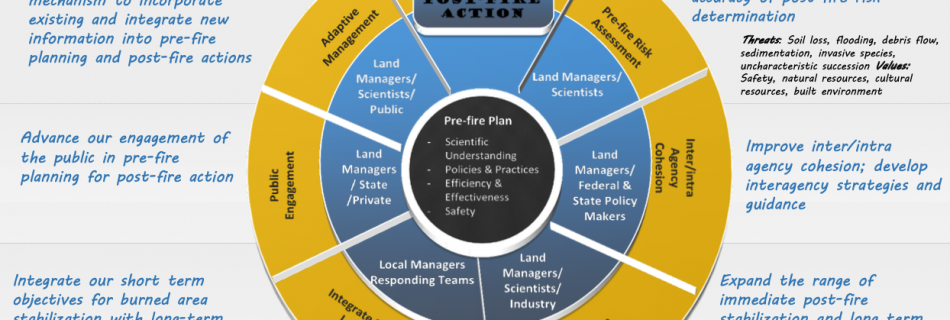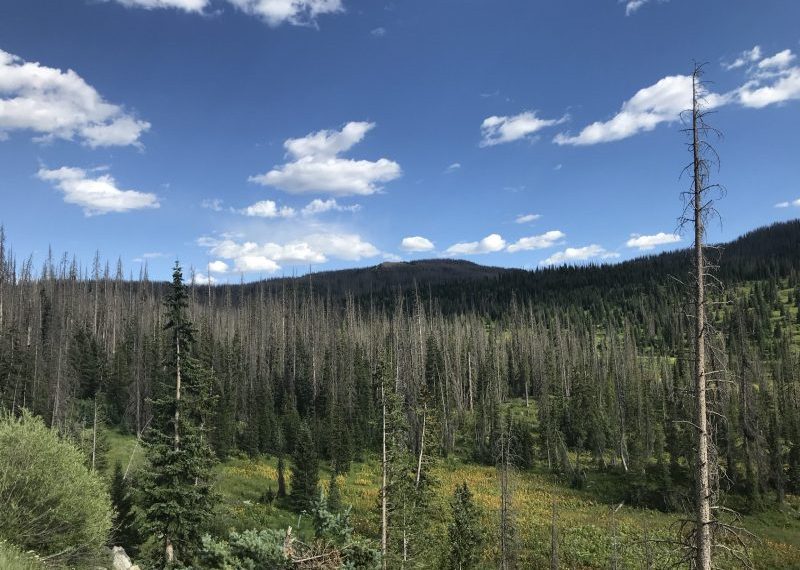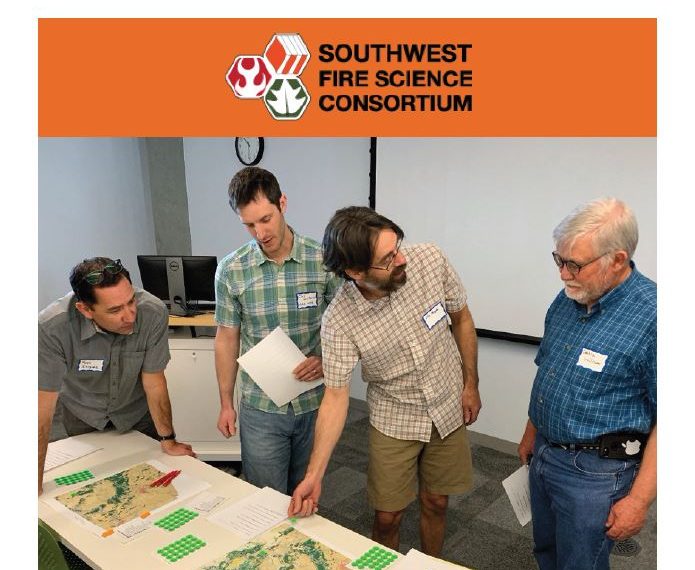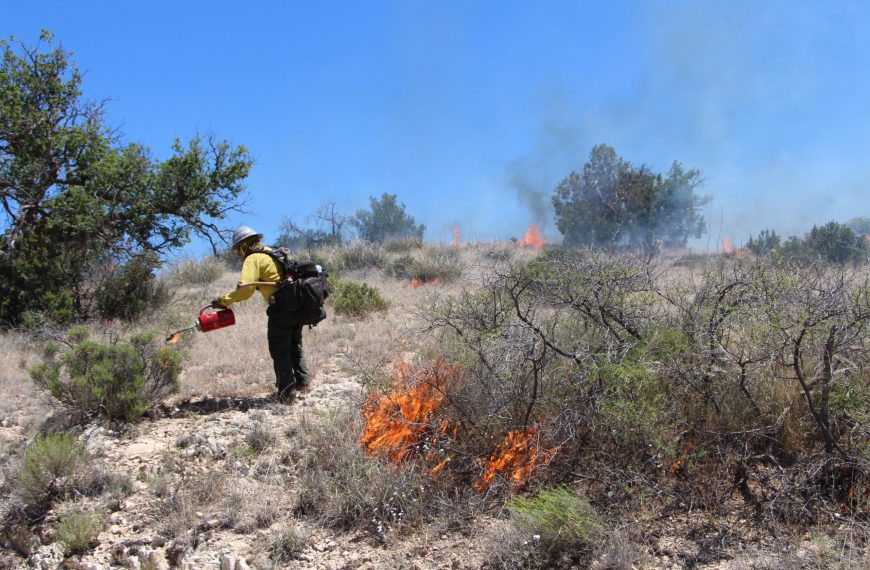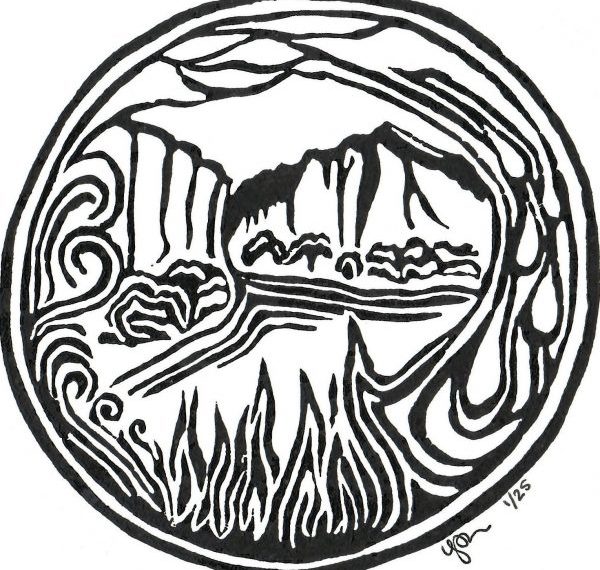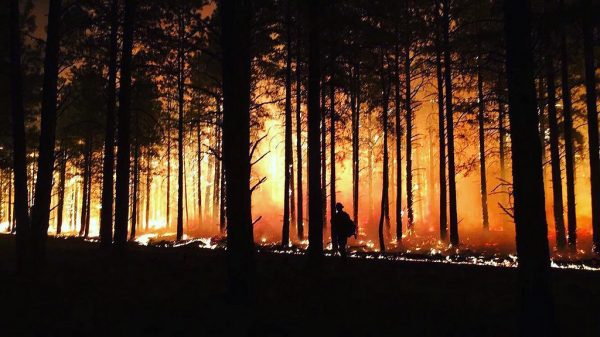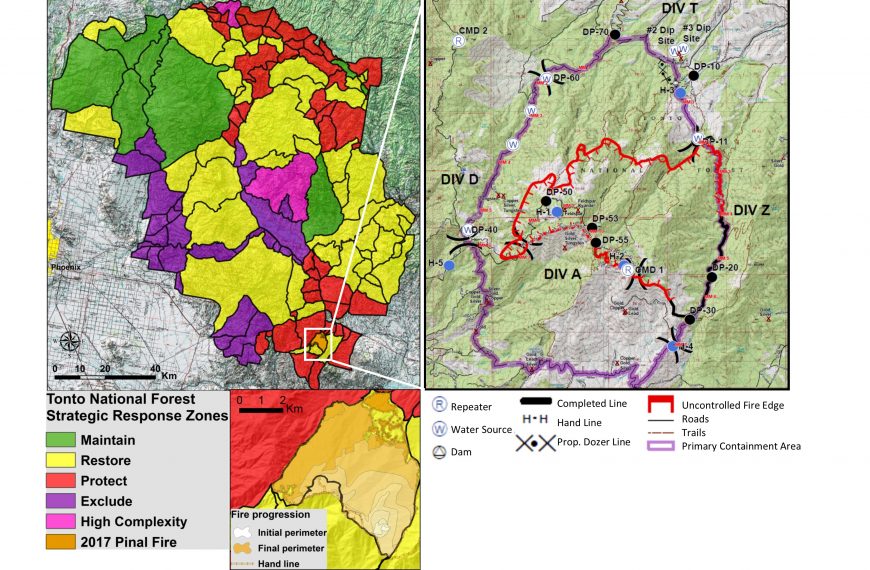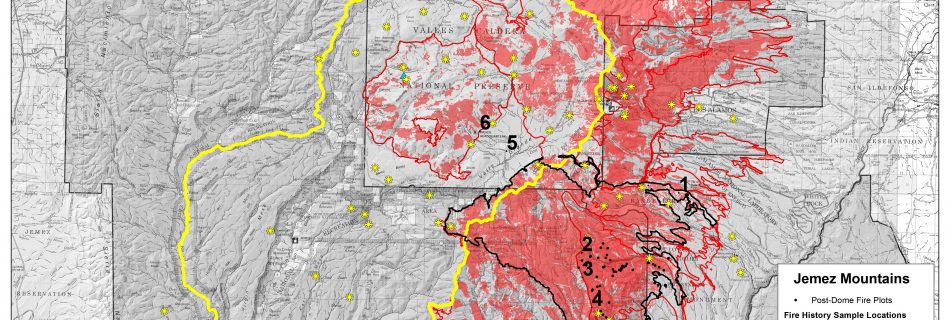The San Juan fire ignited on June 26, 2014 on the White Mountain Apache Reservation and quickly entered the Apache-Sitgreaves National Forest. The fire was wind-driven for the first few days, and fire behavior was influenced by extremely dry fuel conditions related to long-term drought. However, as the fire moved to the southwest it encountered a series of fuels treatments done as part of the White Mountain Stewardship Contract and a habitat improvement partnership project. View the YouTube video here.
November 10, 2015: Mixed Conifer Forest Ecology: Emerging Science
This will be a panel presentation followed by a question/answer and discussion, approximately 90 minutes in length Assessing and analyzing mixed conifer spatial patterns of northern Arizona (Kyle Rodman) Effects of tree cutting and fire on understory vegetation in mixed conifer forests (Judy Springer) Treatement effectiveness of mixed conifer treatments in the Wallow Fire (Amy Waltz) Overview …
Read more “November 10, 2015: Mixed Conifer Forest Ecology: Emerging Science”
